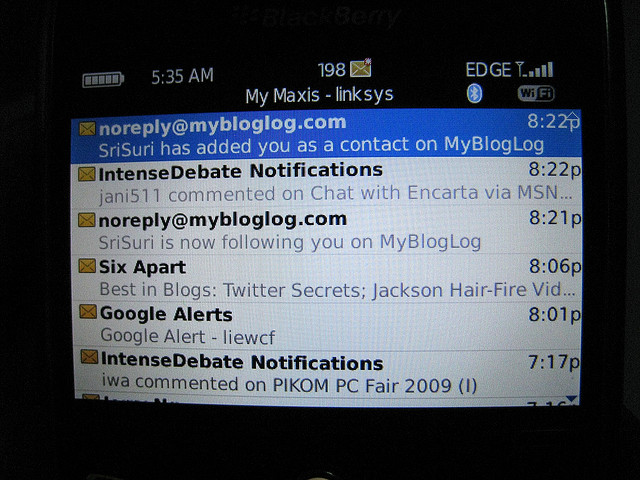My newly minted 8-year-old chose today as her mental health day. I give each of my girls one “free” day a year, when they get to take off school and hang out with me, doing whatever they like. It can get a bit complicated with my work schedule, but basically they get most of the day to sleep in, get more than their usual 30 minutes allotment of daily screentime, go for lunch, a walk with the dog, a trip to the library, etc.
It can be a bit of a challenge to fit in one-on-one time with three kids, so this is a little bonus for all of us. One day a year may not seem like much, but it does feel very special when it finally comes round.
So my little one and I hung around the house all morning, and I have to admit that I squeezed in some work on the computer while she parked her brain in front of the Family channel. I did feel a teeny bit guilty about this, but she was very happy to have uninterrupted access to the TV for a bit.
She chose a nice brunch type place for lunch and when we were handed the menus, my cellphone buzzed. She rolled her eyes and looked frustrated.
“Promise me no talking or texting during our lunch.”
Ouch. That hurt. I know I’m a bit of a Crackberry addict, but here it was out of the mouths of babes.
I promised her not to touch it, and I put it in my purse so the blinking red light wouldn’t torment me through the meal. It was really, really hard not to pick it up. But I managed it. And we had a great conversation about turning 8 and what she’s been reading and we squeezed in several rounds of hangman on our Nutella-stained paper placemats (I take my kids to the fanciest places.)
But her insightful comment made me think about the whole phenomenon of “half-attention,” where our parenting time gets diluted into the “hmmmmms?” and “reallys?” and “OKs” we dole out while our brains are actually tuned into the email or Facebook feeds on our cellphones.
Kids pick up on this from a very young age. They know when mom or dad is not really paying attention. And very soon, dear parents, often sooner than you think, they will have their own cellphones. And when you ask them what happened at school that day, they will answer “hmmmmm?” while typing madly on their own screens.
Ask yourself:
- How often are you talking on your cellphone when your kids are in the car, instead of talking to them?
- Do you allow your telephone to disturb you during family dinners?
- Do you check your email and/or Facebook or Twitter feeds while watching your kid’s soccer game, hanging out at the playground or taking them out to restaurants?
- Do your children or spouse ever have to ext you to get your attention, even when you are all under the same roof?
- Have you recently found yourself looking at your phone instead of your child while s/he is talking to you?
- Have you ever looked up from your phone to realize your kid had given up on your attention and wandered off to do something on their own, and you didn’t even notice?
- Or worse, especially with little kids: Have you ever looked up from your phone to find they have gotten themselves in an unsafe situation, an altercation with another kid, or just taken off without you?
If you’ve answered yes to two or more, you might want to think about the impact your cellphone habits are having on your family relationships. After all, you are ultimately the one in control, and it is possible to turn it off, or down or put it away during key moments. Because your messages will still be waiting for you after dinner, or your daughter’s swim meet, or the playground.


